
The old saying is that food is medicine. Well, it can also be a poison. When you eat food incompatible with your body, it can cause inflammation, nerve pain, or gastrointestinal issues. None of that is fun, and the medical merry-go-round doesn’t always fix it either. How can medication fix the problem when you unknowingly continue eating food that is the cause?

How Do I Know Which Foods are a Problem?
My food journey began during a time when I had a lot of joint and head pain. Routine lab tests showed system-wide inflammation, but they were no help determining the cause. I turned to an integrative medicine specialist who can prescribe medication but specializes in using supplements and lifestyle changes to bring more health into her patients’ lives. She recommended the ALCAT test, which determines which foods cause inflammation in the body. The ALCAT does not check for allergies; that is a different test for a different problem. Some people think the ALCAT is quackery, but my practitioner recommended it. I was desperate and gave a blood sample for analysis. After conducting its analysis, the laboratory sent me a list of foods that caused a high-, medium-, and low- inflammatory reaction. I discovered that some foods that I ate very frequently were high-inflammation-causing for me, as were some supplements I took daily that were extracted from foods on the list. I stopped eating those foods (good-bye beef and potatoes!) and the supplements as recommended. I was amazed that my chronic headaches that had been occurring almost daily for several years were gone. I was a believer.

If omitting these foods from my diet caused such a great shift, what else could I be eating that was a problem? After a great deal of internal resistance, I read Grain Brain: The Surprising Truth about Wheat, Carbs, and Sugar–Your Brain’s Silent Killers by Dr. David Permutter. I had eaten wheat, carbs, and sugar all my life without a problem, so I didn’t see that these were an issue. I’m less concerned about carbs and sugar, but the gluten thing seemed important. My intuition kept pushing me to read it, and I’m glad I did. I learned that the wheat I ate without a problem when I was young is different than the wheat on the market now. Now, the wheat is treated with glyphosate (the main ingredient in Roundup) before it’s harvested, to increase the yield and to make harvesting easier. Some of the glyphosate passes into the flour and into our food. Glyphosate is reportedly a nerve agent and I wondered if it could be causing my knee pain. I decided to go gluten-free (mainly no wheat products) for three weeks and see what happened. After one week, I was sold. My knee pain lessened significantly. There were several causes for the knee pain, but it was wonderful to reduce it by at least half. I discovered that soy was a real problem for my body, too, because almost all USA-grown soy is treated with glyphosate before harvest. Sadly, restaurant Chinese food also became a thing of the past because it all contained soy sauce.
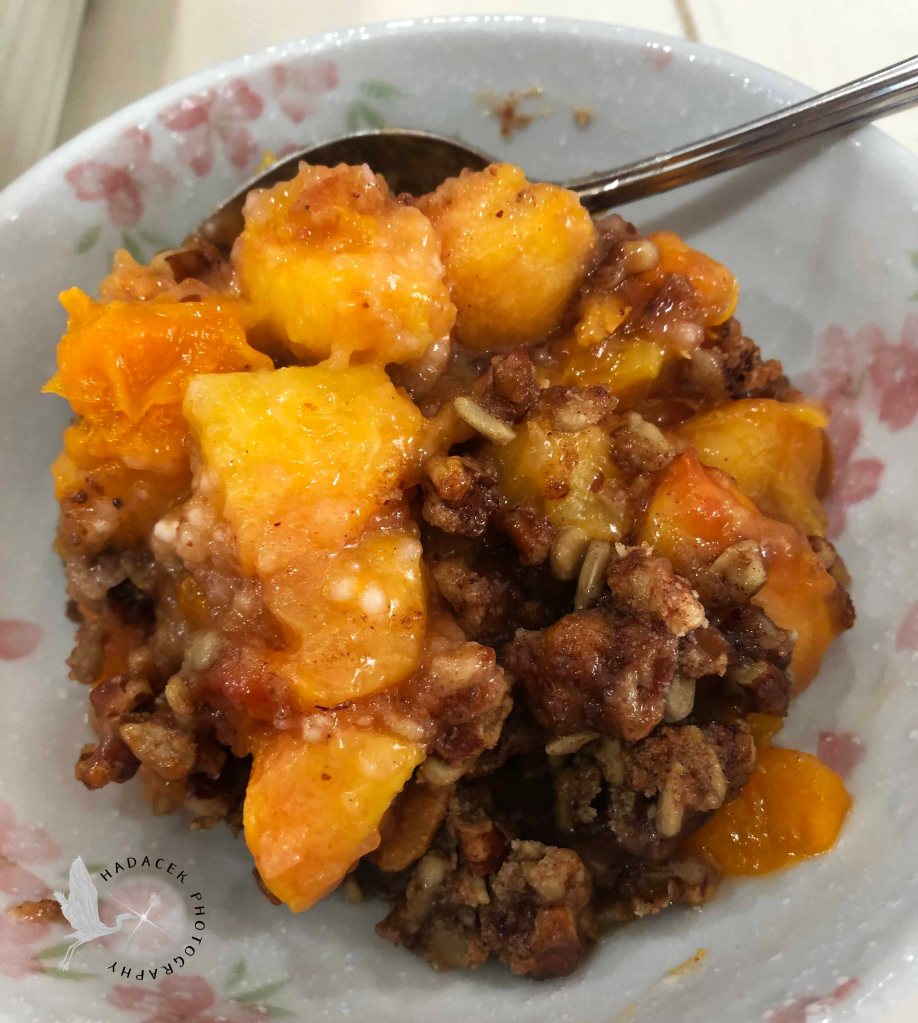
My doctor had checked me for celiac disease using a DNA test, which was negative, so he said that gluten wasn’t a problem for me. (Celiac is a disease largely featuring gastrointestinal problems due to gluten in the diet.) He didn’t know about the glyphosate connection. My problem wasn’t celiac, but wheat and soy had contributed to my joint pain. So, is my problem with the gluten? Probably not. It is probably the glyphosate in the wheat and soy. When talking to people, it is simpler and easier to just say I eat gluten-free. People understand that, but I get a blank look if I say “glyphosate-free!”

Life, After
Eventually, I also stopped eating pork, dairy and eggs. My body feels much better, and without all the background inflammation, it is much easier to isolate and address any remaining problems. I have to admit, giving up cheese was a hard one, and it makes me believe those studies that say cheese triggers the addiction circuits much like a narcotic does! I fantasize about cheese routinely, but I feel better without it. Below are pictures from a cheese festival a few years ago before I stopped eating it. I was truly a cheesehead, but now, it is just a persistent memory.
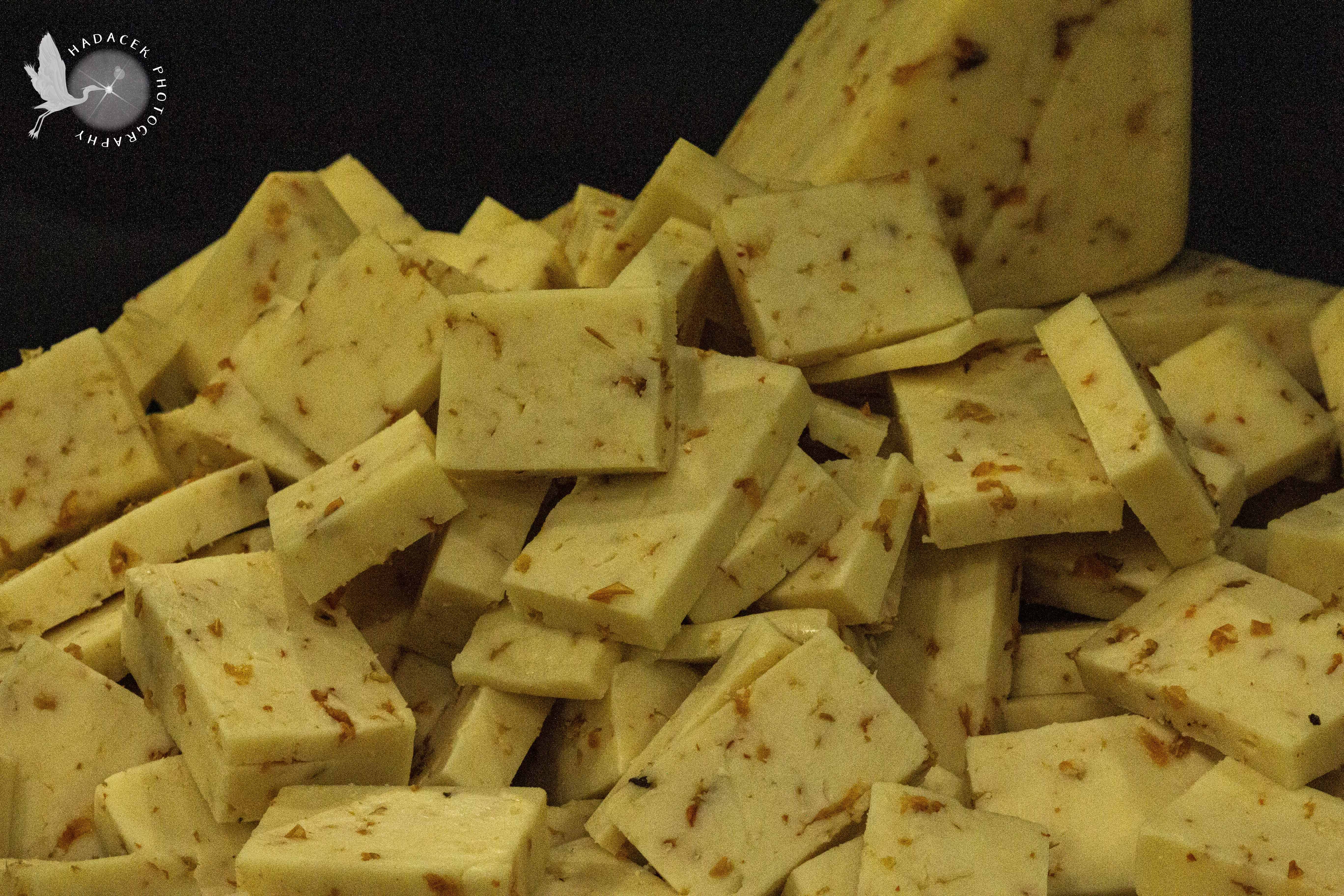
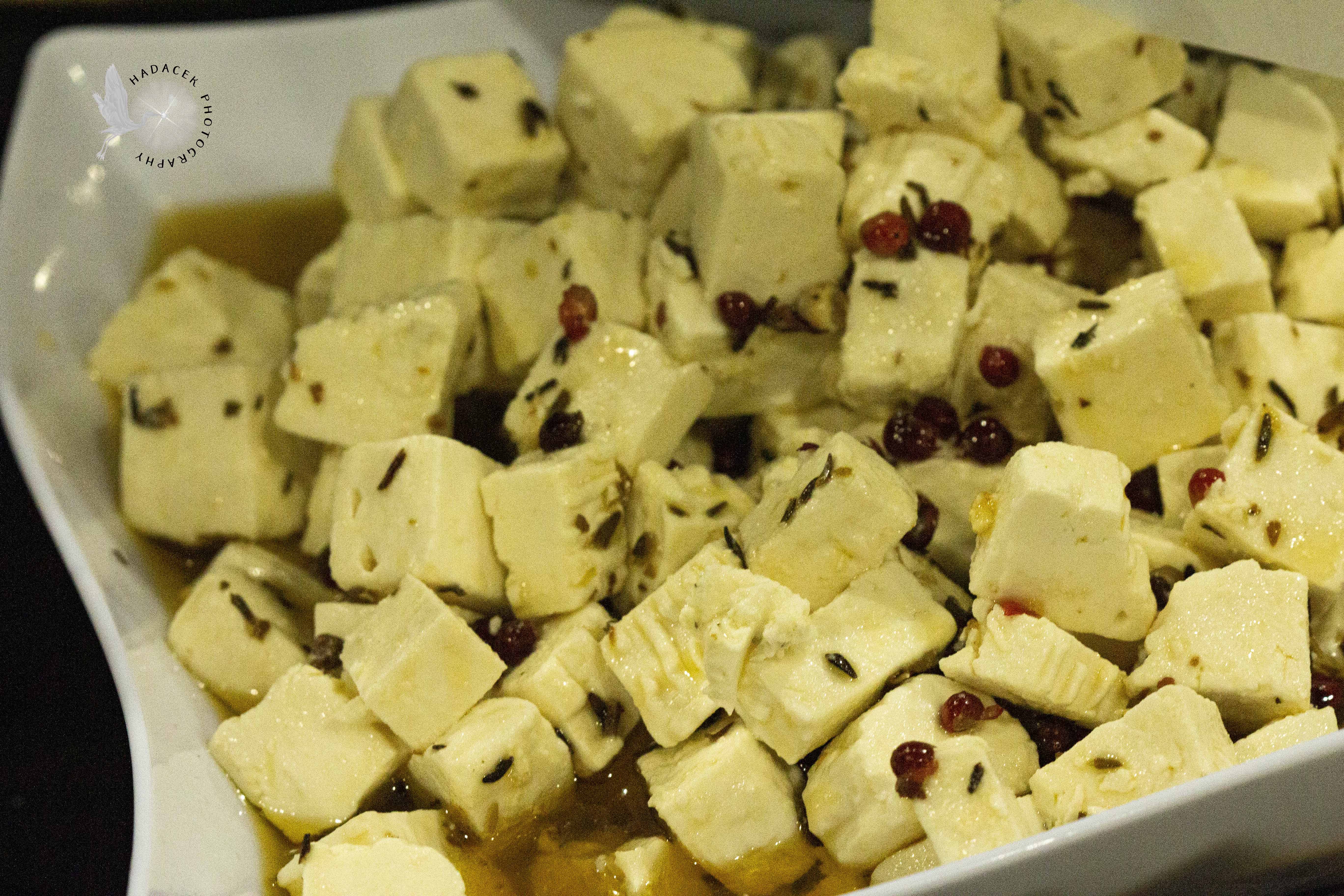
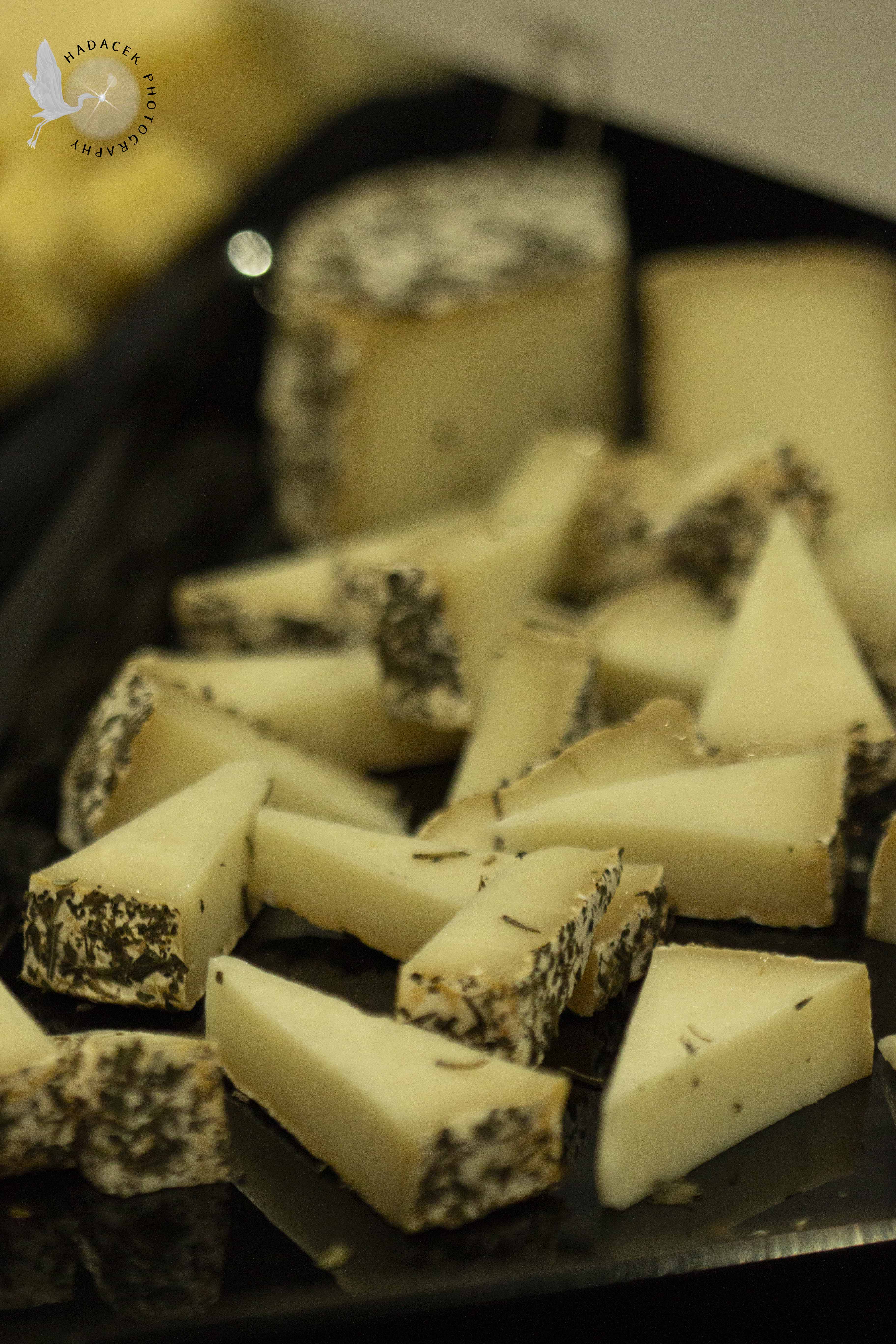
If you are having health issues, the doctors seldom consider food issues. Avoiding inflammatory foods didn’t stop all my pain; I still have significant joint degeneration from an autoimmune disease I had some years ago. But by reducing the inflammation caused by my diet, it was easier to see the extent of my joint problems. As a result, I’ve been working with a physical therapist to increase my muscles so that the joints don’t have to work as hard. It has been slow going, but I wouldn’t have seen any progress if I still had high inflammation. Are food restrictions fun? No, but it’s worth it to have reduced the pain in my body.
Truthfully, choosing not to eat delicious, socially acceptable and encouraged foods can cause awkwardness at times. My youngest just shrugs and tells people we are “food hippies.”
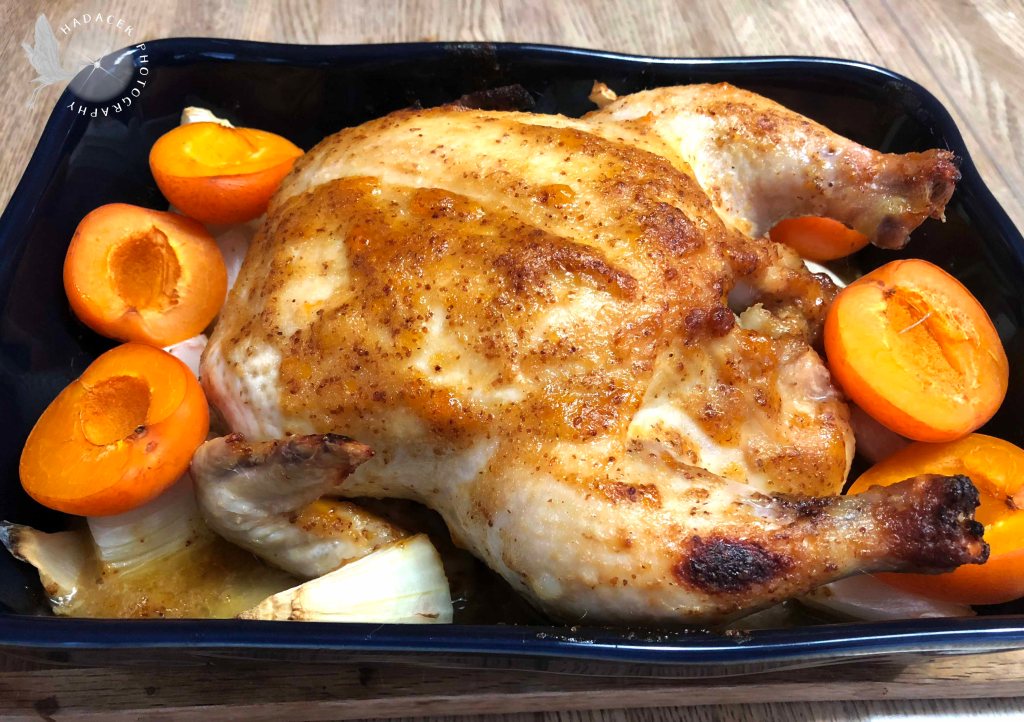
I am not a doctor, and certainly I am not trying to give you medical advice. I am recommending Grain Brain and the ALCAT test simply as an idea for you to consider with your medical practitioner. I am not compensated for this post in any way.


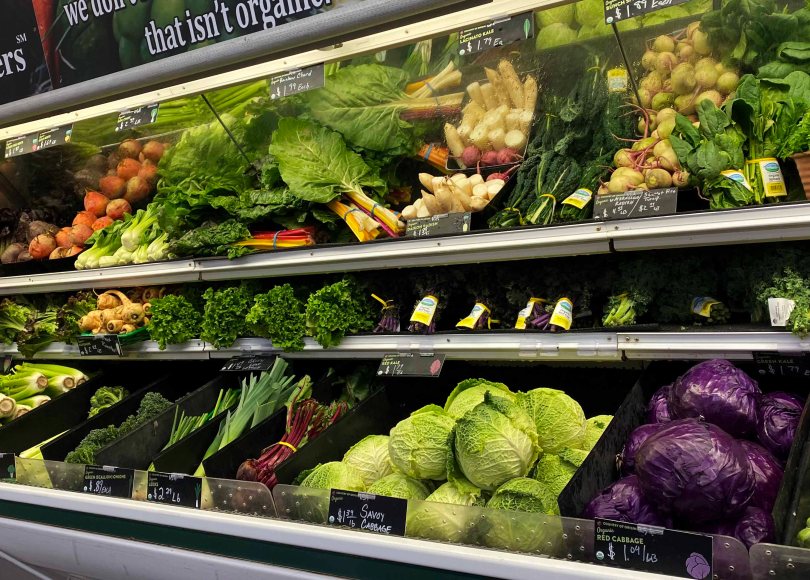
What great info! I totally agree about cheese and whatever addictive qualities that make it so hard to resist. I went vegan in 1970 and it wasn’t hard to give up meat and all that, but it was cheese that I felt I couldn’t live without. Back then, faux cheese was in its infancy and tasted TERRIBLE. Today I had a delish quesadilla with melty cashew “cheese”. I am going to check out that book too.
LikeLiked by 1 person
Cashews are big inflammation triggers for me, so I was missing out on the alternative cheese revolution until a few weeks ago when I found a passable alternative made with almonds. I’ve never been so happy to eat a grilled “cheese” sandwich!
LikeLiked by 1 person
I’ve tried most of the options out there, so glad you found one that you can eat that mostly replicates what we really love about cheese; how it melts!
LikeLiked by 1 person
It’s not as good as I’d like, but the longer I’m dairy-free, the less picky I am!
LikeLiked by 1 person
I totally agree! It’s the best we have right now. I bet there will be more and more options soon-lots of R&D. While I’m not a fan of the vegan meat replacements, my son and fam like them. I’ve made them a “meat loaf” that tasted so much like MEAT that I wouldn’t eat it, but they all loved it and said they’d never know the difference. Just be careful and check out the sodium content of these manufactured foods, sometimes they’re too high.
LikeLiked by 1 person
Gluten causes pain in my body, and all the meat replacements have gluten in them, so I haven’t tried them. I’m trying to go with clean eating; it seems to work better for me.
LikeLiked by 1 person
I didn’t know that! Even the Beyond Beef stuff? I have a friend who’s gluten intolerant and she watches her diet very carefully too.
LikeLiked by 1 person
Well,I checked their website just to be sure a d they say it’s gluten and soy-free. My husband was very excited and tried it and decided it wasn’t for him, either. It isn’t organic. What can I say? 🤷🏻♀️It just feels wrong.
LikeLiked by 1 person
I was actually surprised at how accurately it replicated the smell and taste of animal flesh. The entire loaf was gone in a flash–no one else had a similar issue. But I encourage people to try it and if they love it, GREAT, that’s less factory farmed animal abuse, so it’s a win-win.
LikeLike
This is a very good article. I too have had extensive brushes with disease. I would get dreams which symbolically showed me good which caused problems.
I’m totally with you on this.
LikeLiked by 1 person
We are on a similar food path in our household, getting rid of foods that cause us inflammation including gluten and dairy. It has helped our moods, and my arthritis only acts up during barometric changes now. Unfortunately, we also have an intolerance for nightshade plants: tomato, potato, bell pepper, hot pepper, and eggplant, which restricts our diets further. I like you child’s comment, “we’re food hippies” and may borrow it. Fortunately, not too much food socializing at present!
LikeLike
Wow, great post. I have been trying to eat gluten free as I notice if I eat too much bread I get indigestion, but I didn’t really connect it to the glyphosate and I wonder now how many other things I’ve misunderstood. Thanks for the book recommendation. I can’t wait to read it!
LikeLiked by 1 person
Grain Brain covers more than the gluten issue, and those items are helpful in a different way. It also talks about Alzheimer’s prevention and the need to keep blood sugar stable.
LikeLiked by 1 person
Looking forward to reading it, thanks! 🙏
LikeLiked by 1 person
I’ve never heard anyone say “food is medicine” so that’s a new idea for me. Of course I’ve heard the saying “you are what you eat” which is kind of the same principle. I find that when I pay close attention to how a certain food affects me, I can decide if I should continue eating it. Not formally scientific, but seems to be keeping me alive. Most interesting how you’ve intentionally changed your diet with great success.
LikeLiked by 1 person
So you are listening to your body’s messages about the foods it prefers! If I had been smart enough to do that I. The beginning, I would not have needed the ALCAT. I’m much more receptive to such messages, now. Good for you!
LikeLiked by 1 person
Great to see you self medicating! Extraordinary the things we eat that are doing us harm. I’ve cut out sugar and most carbs and am feeling the benefit.
LikeLiked by 1 person
Yes, small changes an bring bring it results. This is the healthiest form of self-medicating that I’ve found! 😉
LikeLike
Have you tried the sunflower seed diet? It works for me.
LikeLiked by 1 person
Oh, Kismet! I’m pretty sure that you need an Intervention of all your eat is sunflower seeds! Eat a fruit or veggie now and then.
LikeLike
I’ve used Food as Medicine on/off for many years and at the moment I have organic puffed Millet as part of my breakfast – gluten-free and the only akaline grain. I try to eat only grass-fed beef too. I couldn’t believe how much my stomach and bowel changed after dropping ‘gluten-free’ processed foods.
Apparently it was partly the potato starch they use in gluten-free. Before I’d had gluten-free rice flakes which I thought were ok, but how wrong I was.
I have problems with gluten, dairy, soy, most legumes, egg whites (says she who had scrambled eggs straight from my brother’s organic, pesticide-free farm for breakfast today), high histamine and so on. Melbourne University did a lot of research some years ago and found a sub-group of people who were non-Coeliac gluten intolerant.
It’s not all-in-the-mind. Food intolerance is just as real as food allergy.
6 days in hospital in October 2019 I was completely headache free for the first time in about 5 years. But being a public hospital, they couldn’t cater to my food allergies and intolerances so I just didn’t eat much.
I’m currently looking at lectins in the food I consume.
I do take several supplements (made in New Zealand) though. I’ve been taking an all-round balanced Calcium supplement for over 37 years since I cut most dairy out. A recent bone density test showed I have bone density 168% than my Caucasian female peer group and much better than a younger person. One has to not overdose on Calcium supplements though. Too much can be as bad as too little.
I think you’re probably well on the way to much better health if you can isolate those problem foods, GMOs and other contaminated crops. Unfortunately, I don’t have organic shops close to where I live in the western suburbs, but did eat organic when I lived on the south-east side of Melbourne for some 25 years.
I don’t think I am so much intolerant of the foods per se – more the way they’re grown and how they’ve been modified over the last 50 years and Australia has pretty strict laws on what can be put on crops I might add. Apparently, canola and safflower are the only GMO crops in Australia and I consume neither. Also some foods are contaminated in the processing plants. I’m wary of the fact that bees or other insects may (or may not) fly from commercially grown crops to organic crops and vice versa. I can certainly get a metallic taste from commercially grown broccoli sometimes.
My tests showed I was ok with buffalo cheese, but not my favourite goat fetta. I was 100% symptom-free around early 2009 when I ate strict Paleo 100% (before Paleo diets were trendy in recent years) for 3-4 months but we’re all unique. What works for you may not work for me and vice versa.
There is no such thing as the perfect diet – merely the right diet for you at this time in your life. What worked for me years ago is too hard to keep up these days on a fairly frugal pension, especially during the worst of COVID when we had some food shortages. Much of our food comes from interstate. Our state borders are closed at the moment due to a few small COVD outbreaks, but we’re back to zero community transmitted cases this past week in my state.
I’m sure many folk in the U.K. and the U.S. are feeling the pinch of fewer foods on the supermarket shelves.
LikeLiked by 1 person
Supplies have been up and down in the US during covid. Right now they are good, but I don’t expect that to last, with case transmission what it is right now.
You are right, the best for for us is very individual. And I think my body has become more sensitive over time.
Good luck with your recuperation! I’m sure you are getting tired of physical therapy by now. ♥️
LikeLiked by 1 person
No physical therapy except for the 9 days in rehab after the hip surgery. I’m still pretty much in rest and recovery mode with heart/FM/CFS etc, but can walk around the shops and my apartment easily. I get tired and sore in the afternoons though.
LikeLiked by 1 person
That is amazing! I guess the hip replacement IS easier to recover from than knees replacement. My mother has had a LOT of therapy after 2 weeks in rehab. The good news is that you are recovering well. I am so glad!
LikeLiked by 1 person
I totally buying into this. I had a friend who is having histamine reactions to a ton of foods and her overall health was just not great. She got tested and did an illumination diet and I can’t believe the difference in how she looks and feels. Even some foods that are considered healthy or just not compatible with some people’s systems. I’m so glad that you have found something that works for you!
LikeLiked by 2 people
Thank you. I was shocked to discover how much better I felt when I chose my diet based on what my body chose rather than my taste buds and intellect. And when I discovered I needs to eat more protein-wow! I had no idea!
LikeLiked by 1 person
I have IBS so I am familiar with food triggers. Over the years, I have eliminated many foods. I never thought I could live without a diet coke at lunch (just once a day) but I did and now I don’t crave it. I am a carb person. It’s my Xanax so going gluten free would difficult. I have lessened sugar (but not eliminated it) and I no longer crave it either. I’m sorry you can’t eat potatoes. I love them. I have difficulty with some fruits which I dearly love but when you get sick from something, it’s much easier to give it up.
LikeLiked by 1 person
It’s wonderful to see this post. We know that food is our medicine or our downfall. Have you ever read anything by Dr. Gundry? We have been following his diet for almost a year, and there have been positive changes, as well as hope for continued good health and long life with a healthy, functioning gut.
Have you tried goat’s milk/cheese?
You may or may not want to re-think that chicken (sorry). Since we don’t eat corn (and is there really organic, non-gmo corn around, and if so, is it really fed to chickens?), we have to order chicken that is ONLY free-range with no grain or other feed added. Bug-fed birds.
Anyhow, so glad you are on a healthy path!
LikeLiked by 1 person
You are right about chicken generally, although this was a rather expensive free-range chicken. My biggest problems with the chickens and eggs are what they are fed; many get a diet high in soy and corn. So you are right. Where do you order the chickens that haven’t been fed grain? I used to like goat butter and cheese, but have been off all dairy. I will look up Dr. Gundry; thanks for the recommendation!
LikeLiked by 1 person
We order from Thrive Market. It’s quite expensive, so we don’t get or eat much of it. Also, Vital Farms eggs are from chickens raised the same way. You can get those from some Walmarts and Publix.
LikeLiked by 1 person
I don’t think we have Publix here, and I don’t usually go to Wal-Mart. I have thought about using Thrive, and if I feel unsafe going to our small health food/grocery store, I will probably turn to Thrive for groceries. I’ve not seen vital farms eggs; maybe they are a regional supplier. I tend to just avoid eggs,but I’d be willing to try eggs from a chicken with a good diet! Thanks for answering my question!
LikeLiked by 1 person
We discovered that when you read the egg carton, organic and free range mean nothing unless it also says they are not fed grain. Just a heads up. And you can go to vitalfarms.com to locate a local vendor.
LikeLiked by 1 person
Oooh. I like that! Since my husband won’t eat eggs, there is little point in using them in baking, or else I have to eat it all myself! But I miss a few dishes that contain eggs and I could use them to up my protein. I’ll check out that website., thank you.
LikeLiked by 1 person